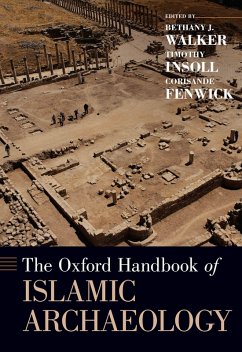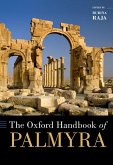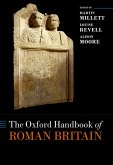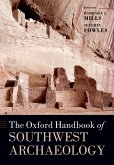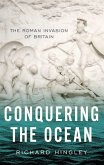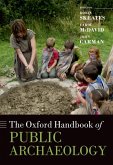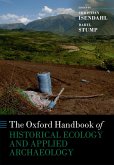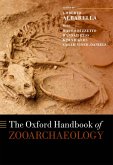Born from the fields of Islamic art and architectural history, the archaeological study of the Islamic societies is a relatively young discipline. With its roots in the colonial periods of the late 19th and early 20th centuries, its rapid development since the 1980s warrants a reevaluation of where the field stands today. This Handbook represents for the first time a survey of Islamic archaeology on a global scale, describing its disciplinary development and offering candid critiques of the state of the field today in the Central Islamic Lands, the Islamic West, Sub-Saharan Africa, and Asia. The international contributors to the volume address such themes as the timing and process of Islamization, the problems of periodization and regionalism in material culture, cities and countryside, cultural hybridity, cultural and religious diversity, natural resource management, international trade in the later historical periods, and migration. Critical assessments of the ways in which archaeologists today engage with Islamic cultural heritage and local communities closes the volume, highlighting the ethical issues related to studying living cultures and religions. Richly illustrated, with extensive citations, it is the reference work on the debates that drive the field today.
Dieser Download kann aus rechtlichen Gründen nur mit Rechnungsadresse in A, B, BG, CY, CZ, D, DK, EW, E, FIN, F, GR, HR, H, IRL, I, LT, L, LR, M, NL, PL, P, R, S, SLO, SK ausgeliefert werden.

